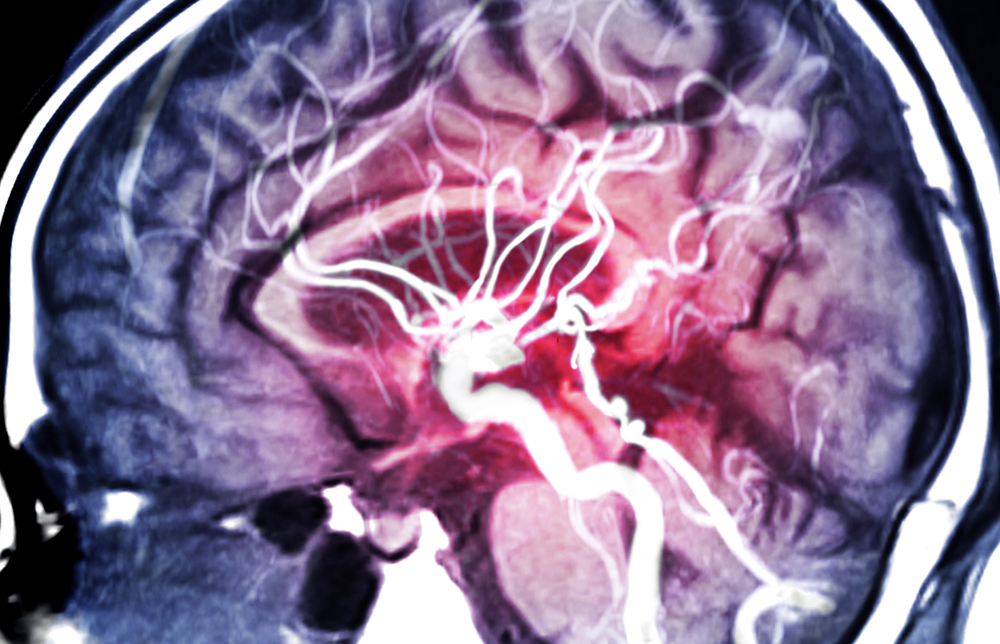
Are You At Risk For A Stroke?
June 30, 2020
All too frequently, many of us act like we don’t know believe the data or care. Perhaps, we think it will be someone else. But here are two sobering statistics:
- Someone in the United States has a stroke every 40 seconds.
- According to the Centers for Disease Control and Prevention, almost three-quarters of all strokes occur in adults over age 65.
It’s imperative for older adults to know what a stroke is, the underlying health conditions or chronic diseases that increase your risk, and prevention methods.
Strokes are classified as either ischemic or hemorrhagic. Approximately 85% of all strokes are ischemic; those strokes occur when a blood clot or built-up plaque blocks a blood vessel, preventing blood flow to part of the brain. Hemorrhagic strokes happen when a blood vessel or aneurysm ruptures in the brain, causing bleeding in the brain and damage to brain cells.
There are many health conditions and risk factors in older adults that can lead to a stroke. One of the biggest risk factors for stroke — and a common condition among older people — is atrial fibrillation (AFib), an irregular heartbeat that is present in about one in five strokes. The irregular heartbeat can cause a blood clot that could travel to and prevent regular blood flow to the brain, resulting in a stroke. When AFib goes undetected and/or untreated (most frequently with blood thinners like coumadin), the risk of a stroke is five times greater.
Other risk factors include high blood pressure, high cholesterol, heart disease, diabetes, obesity, and smoking. Make sure you’re working with your health care professional to treat and manage any of these conditions.
Healthy lifestyle choices can dramatically decrease your risk for stroke. Tips for preventing stroke include:
- Monitor your blood pressure and cholesterol levels with your doctor
- Maintain a healthy weight
- Stop smoking
- Eat fiber rich foods, including whole grains, beans, fruit and vegetables
- Reduce sodium and sugar intake
- Get seven to nine hours of sleep every night
- Exercise at least 30 minutes per day by walking, swimming, cycling or even a gentle yoga class
Still, if a stroke does happen, you want to be as prepared as possible. Through your association, AMBA offers members a Stroke Policy that pays a benefit directly to you to help cover out-of-pocket expenses related to stroke diagnosis and treatment. You owe it to yourself and your loved ones to look into a stroke policy. Call AMBA at (866)979-0497 or click to request a free Benefits Review.
Source:
https://www.cdc.gov/stroke/facts.htm
http://www.strokecenter.org/patients/about-stroke/stroke-statistics/
RECENT POSTS
AMBA’s Essential Insights in Dental Health: Understanding Cavities
Have you ever experienced pain or noticed persistent sensitivity in your teeth? You might have a cavity. Cavities are common,
Read More
Keep “Looking” Your Best: The Unique Eye Health Challenges for Women Over 55
March is Women’s History Month, a time to celebrate women's contributions to American history and society. It’s
Read More

AMBA’s Eyewear Trends for 2025: Stylish and Practical Options for Older Adults
The days when eyeglasses were just a functional accessory to help improve vision are long gone. Today, eyeglasses are one of
Read More

Be Ready for Unexpected Expenses in Retirement. AMBA Has the Tips You Need.
Whether you’re already retired or it’s coming up on the horizon, planning your retirement is essential. Many people
Read More

